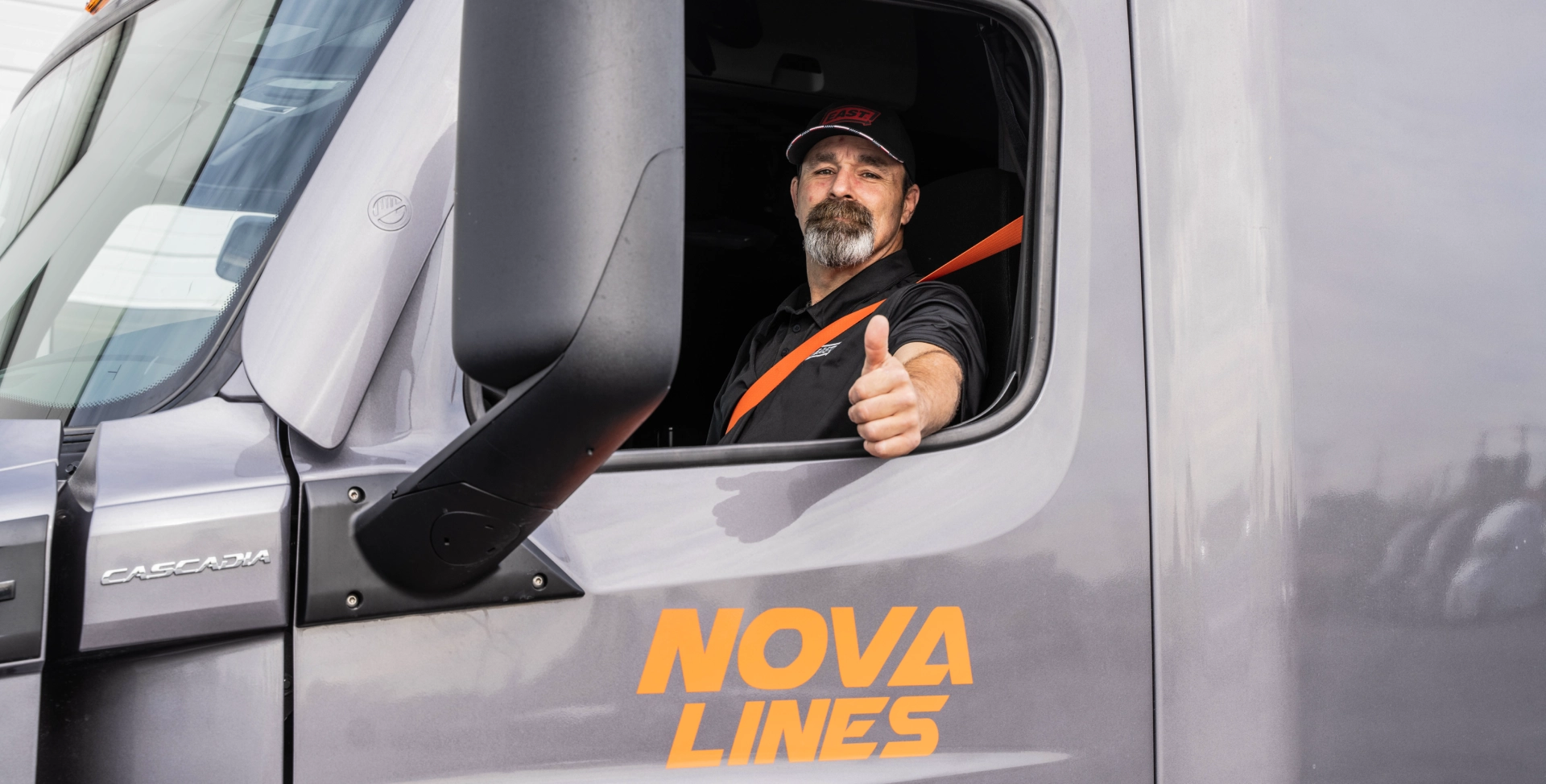Imagine cruising down an open highway, with the CB radio crackling and phrases like “Bear in the air” and “Got your ears on?” filling the airwaves. To outsiders, this might sound like another language. However, for truck drivers, it’s everyday slang. Trucker lingo is more than just words—it’s a shorthand for building community, enhancing safety, and ensuring quick communication on the road. In this rundown to trucker slang, we’ll explore the fascinating world of these unique phrases, exploring not only their history but also popular terms and how this language continues to evolve in the digital age.
The Roots of Trucker Lingo
Trucker slang got its start in the 1970’s with the rise of CB (Citizen’s Band) radios. Before smartphones and GPS, CB radios were a lifeline for drivers, allowing them to exchange vital information like road conditions, speed traps, and weather updates. These radios also gave birth to a unique language that helped truckers communicate quickly and discreetly. Trucker slang has influenced popular culture as well, from films like Smokey and the Bandit to hit songs that immortalized the rough-and-ready image of the American trucker.
Popular Trucker Terms and Their Meanings
Let’s look at some of the most well-known phrases in the trucker’s dictionary. These phrases aren’t just colorful, they’re practical tools for drivers to stay informed and entertained on the road.
Highway Hazards
Truckers face constant hazards, and they’ve created a set of words to describe them:
- Alligator: Refers to a blown-out tire tread on the road. Spotting an “alligator” helps drivers avoid tire damage.
- Bear Bait: A vehicle speeding on the highway, likely to attract law enforcement’s attention.
- Bird Dog: A radar detector, helping drivers stay alert to speed traps.
Law Enforcement
Staying alert to law enforcement presence is important, and truckers have developed various ways to talk about it:
- Bear: A police officer, particularly highway patrol.
- Kojak with a Kodak: A police officer using a radar gun, often hidden, to catch speeding vehicles.
- Spy in the Sky: Refers to law enforcement aircraft watching traffic from above, reminding drivers to keep their speed in check.
Truck Parts & Types
Trucks are as varied as the slang used to describe them:
- Reefer: A refrigerated truck, essential for transporting perishable goods.
- Covered Wagon: A truck with a tarp-covered trailer, used to protect cargo.
- Bull Hauler: A truck hauling livestock, typically recognized by the sounds and smells that come with it.
Other Vehicles
Passenger vehicles also get their own nicknames in trucker slang:
- Four-Wheeler: Refers to any car or non-commercial vehicle with four wheels.
- Buster Brown: A playful term for a UPS truck.
- Stagecoach: A nickname for a tour bus filled with passengers on long road trips.
Regional & Road-Specific Trucker Lingo
Some terms are unique to certain regions or even specific highways. For example:
- Shaky-Town: Truckers’ nickname for Los Angeles, owing to its history with earthquakes.
- Watermelon 500: A term referring to Atlanta’s bustling traffic, where drivers weave in and out like a race.
These variations add a local flavor to trucker slang and show unique road challenges in different parts of the U.S.
Safety and Utility in Trucker Lingo
Trucker slang isn’t just fun. It’s a useful tool that enhances safety and efficiency on the road.
- Quick Warnings: Drivers can alert each other about road conditions or law enforcement presence. For instance, “Chicken Coop” refers to a weigh station.
- Making communication faster: Using shorthand reduces radio chatter, helping drivers stay focused and avoid accidents. Terms like “Granny Lane” (the slow lane) and “Hammer Lane” (the fast lane) provide a shorthand for safe lane positioning.
Trucker Lingo in Modern Times
While technology has transformed many aspects of a trucker’s life, CB slang still plays a big role in the trucking community. Even though smartphones and GPS systems have mostly replaced CB radios for many drivers, online forums and social media groups continue to keep the lingo alive. This unique slang maintains a sense of community among drivers, providing a shared language that connects them across the country. Although some terms have fallen out of regular use, new phrases have also emerged to reflect modern challenges, thereby keeping the slang keeps it alive for today’s drivers.
Conclusion
Trucker slang is more than just words. In fact, it’s a unique code that builds connection, encourages safety, and brings humor to the road. Whether you’re an experienced driver or just curious, understanding this language can add an entirely new dimension to the world of trucking. So, next time you’re out on the highway, keep an ear out for the colorful lingo—and maybe even try using a phrase or two yourself.
